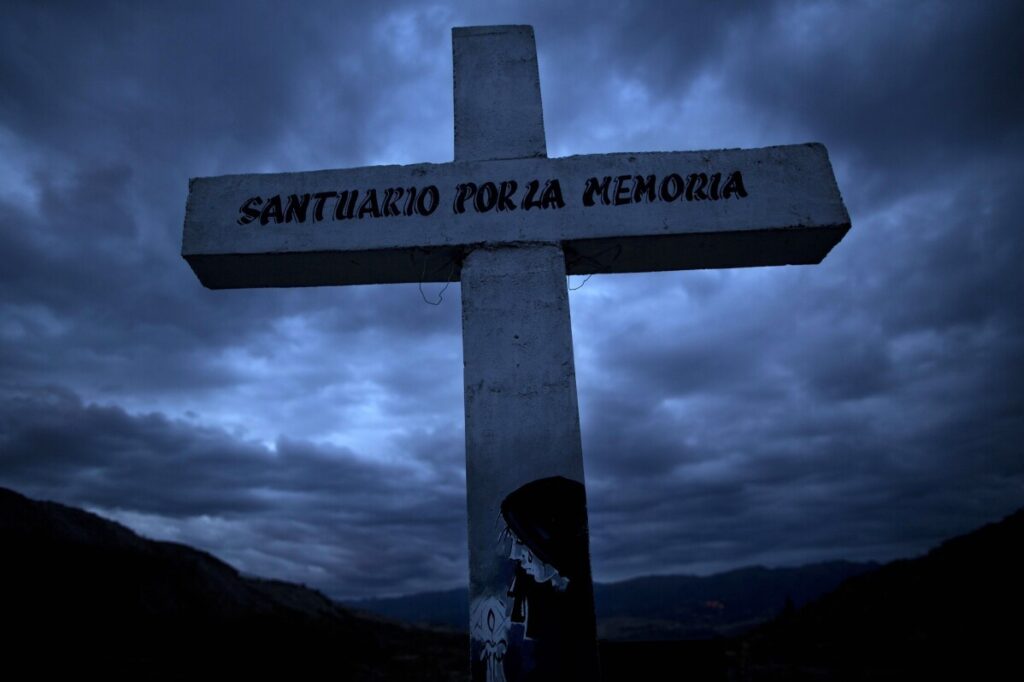Peru’s Government Abandons Indigenous Defenders Amid Rising Mining Violence
When governments withdraw from the frontlines, Indigenous protectors like the Wampis are left vulnerable against violent illegal miners—exposing dangerous government failures and risking our hemisphere’s environmental security.

Last weekend in Peru’s Amazon, a brutal ambush against a patrol of the Indigenous Wampis territorial guards underscored a growing crisis: illegal gold mining is ravaging sacred lands while the Peruvian government shirks its responsibility to protect these ancestral territories. As America watches from across the hemisphere, this failure raises urgent questions about our shared commitment to safeguarding the environment and regional stability.
Why Did Peru Back Out When It Mattered Most?
The 60-member Wampis mission was conducting an essential patrol near their community of Fortaleza when armed assailants launched explosives and gunfire. Remarkably, no one was physically harmed, but vehicles were hit, and even a teacher narrowly escaped injury. This attack came just days after Peru’s government abruptly withdrew from a planned joint enforcement operation aimed at cracking down on illegal mining—a move that exposed Indigenous defenders to deadly risks without official backing or protection.
The sudden exit by state agencies was unexplained but effectively handed control over to local Indigenous groups who have long pressed for stronger governmental action. The Wampis Nation views its autonomous territorial guards as frontline environmental defenders dedicated not only to preserving their culture but also combating criminality that poisons rivers and devastates forests.
America Needs to Recognize What Is at Stake
Illegal mining in Peru’s Amazon is more than an environmental tragedy; it’s a national sovereignty issue with hemispheric implications. Weak governance invites transnational criminal actors, fuels instability, and threatens ecosystems vital not just for Peru but for global climate balance—matters with direct consequences for American security and prosperity.
With neighboring governments failing to enforce law and order, indigenous groups like the Wampis take bold—but perilous—action. Yet they remain dangerously underserved by international allies who tout environmental protection while turning a blind eye on structural enforcement failures.
This incident begs an uncomfortable question: if Washington emphasizes America First principles—prioritizing strong borders, rule of law, and secure energy sources—should it not also urge allies across the continent to defend sovereignty robustly? Protecting Indigenous defenders aligns with preserving natural resources critical for America’s supply chains and combating global destabilization driven by unregulated extractive industries.
The contrast is stark with conservative-led initiatives championed by President Trump’s administration that emphasized border security alongside robust resource stewardship. Meanwhile, ill-prepared governments elsewhere risk allowing unchecked extraction that harms people on the ground—and by extension American interests abroad.
The Wampis Nation deserves support—not abandonment. Their courage defending Tarimat Pujut—the life in harmony with nature—is an example of grassroots sovereignty in action amid rising threats. But how long will Washington tolerate allies ignoring their duty while leaving brave communities exposed?
For hardworking Americans concerned about national sovereignty, security, and common-sense conservation, this attack is a call to demand accountability—not just rhetoric—from foreign partners entrusted with protecting shared values.
